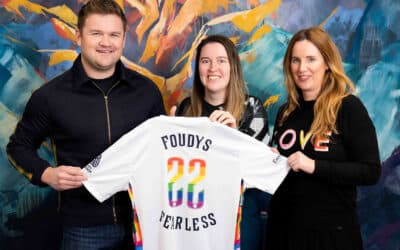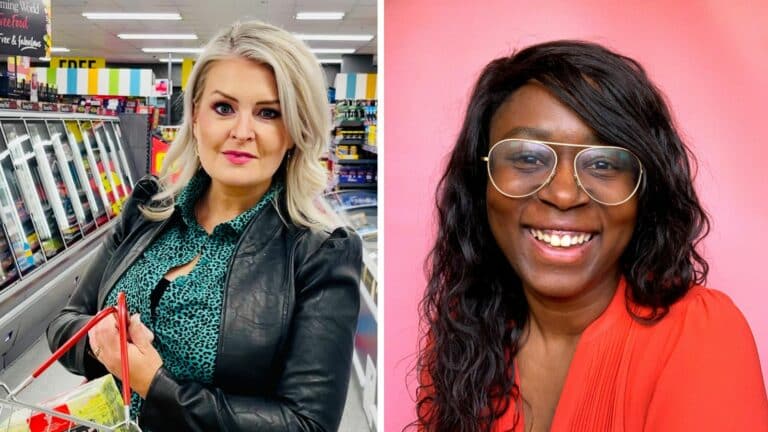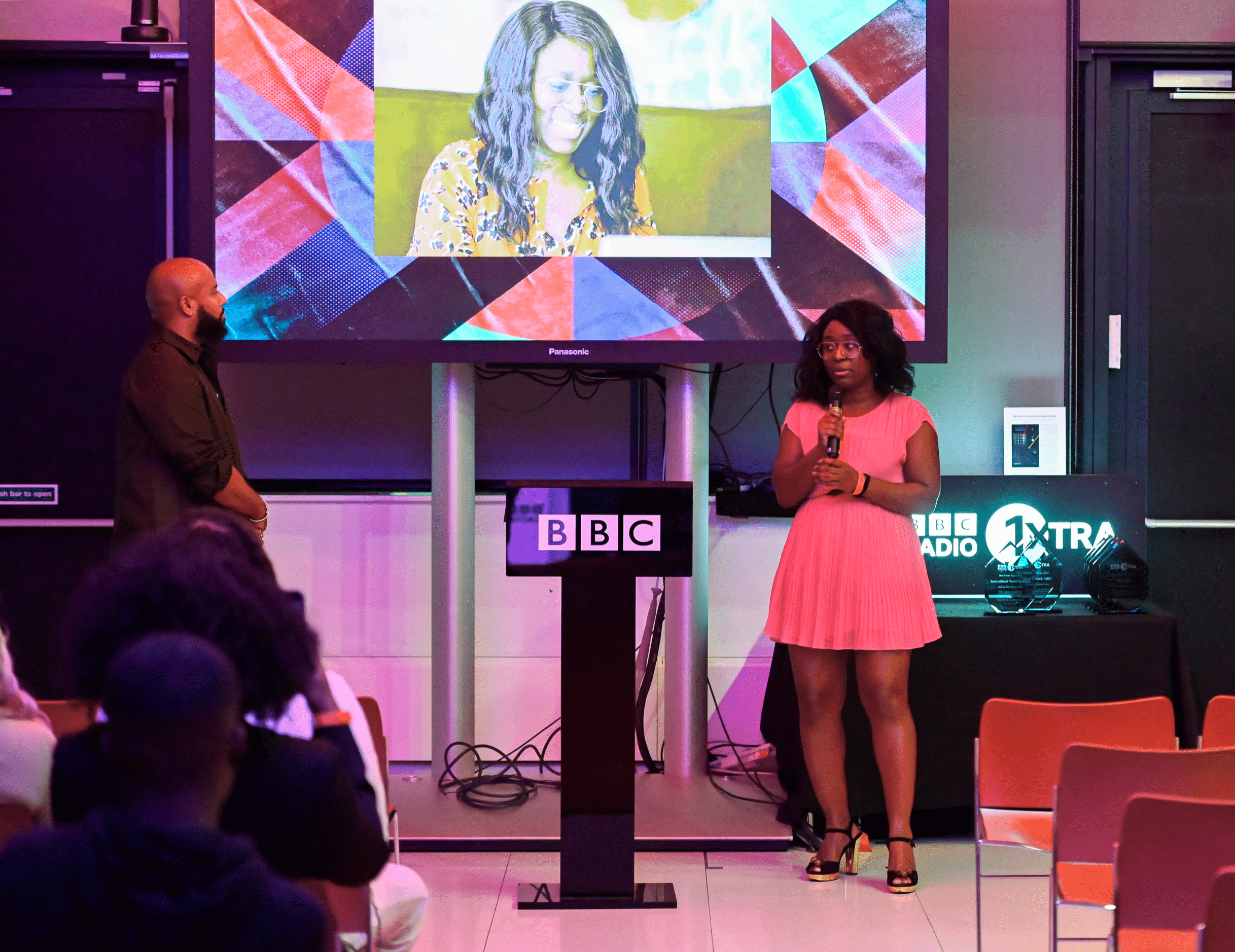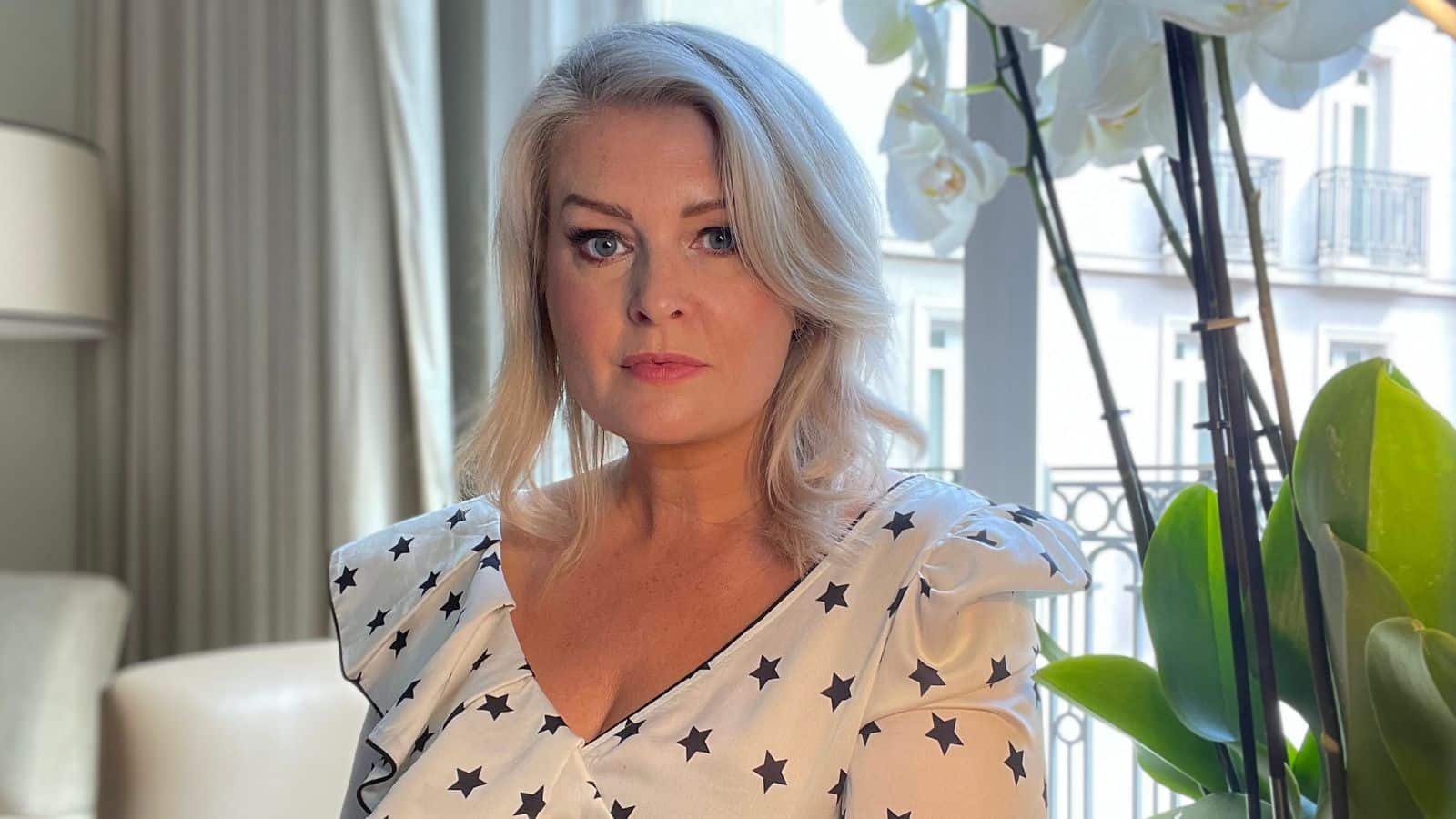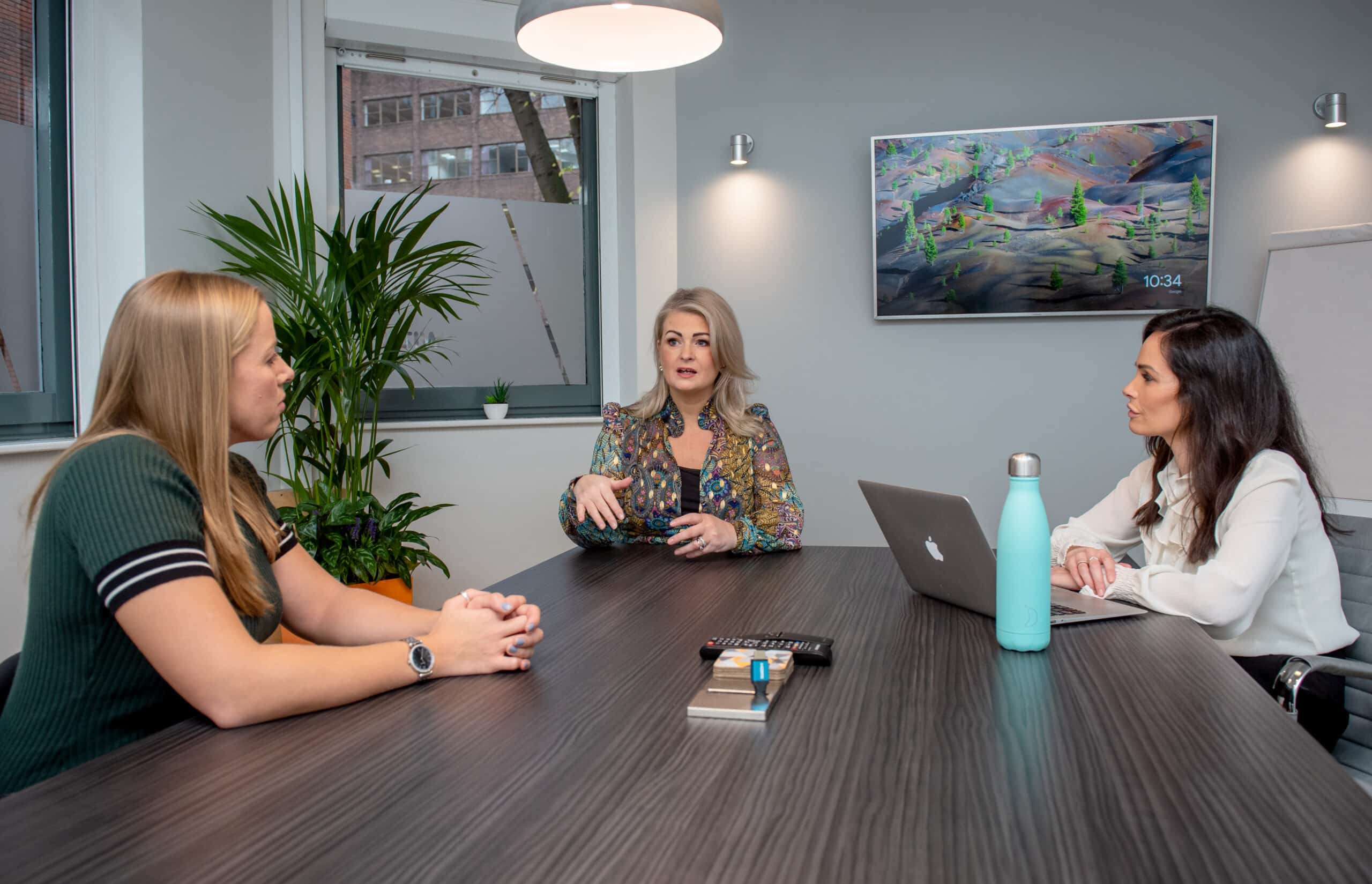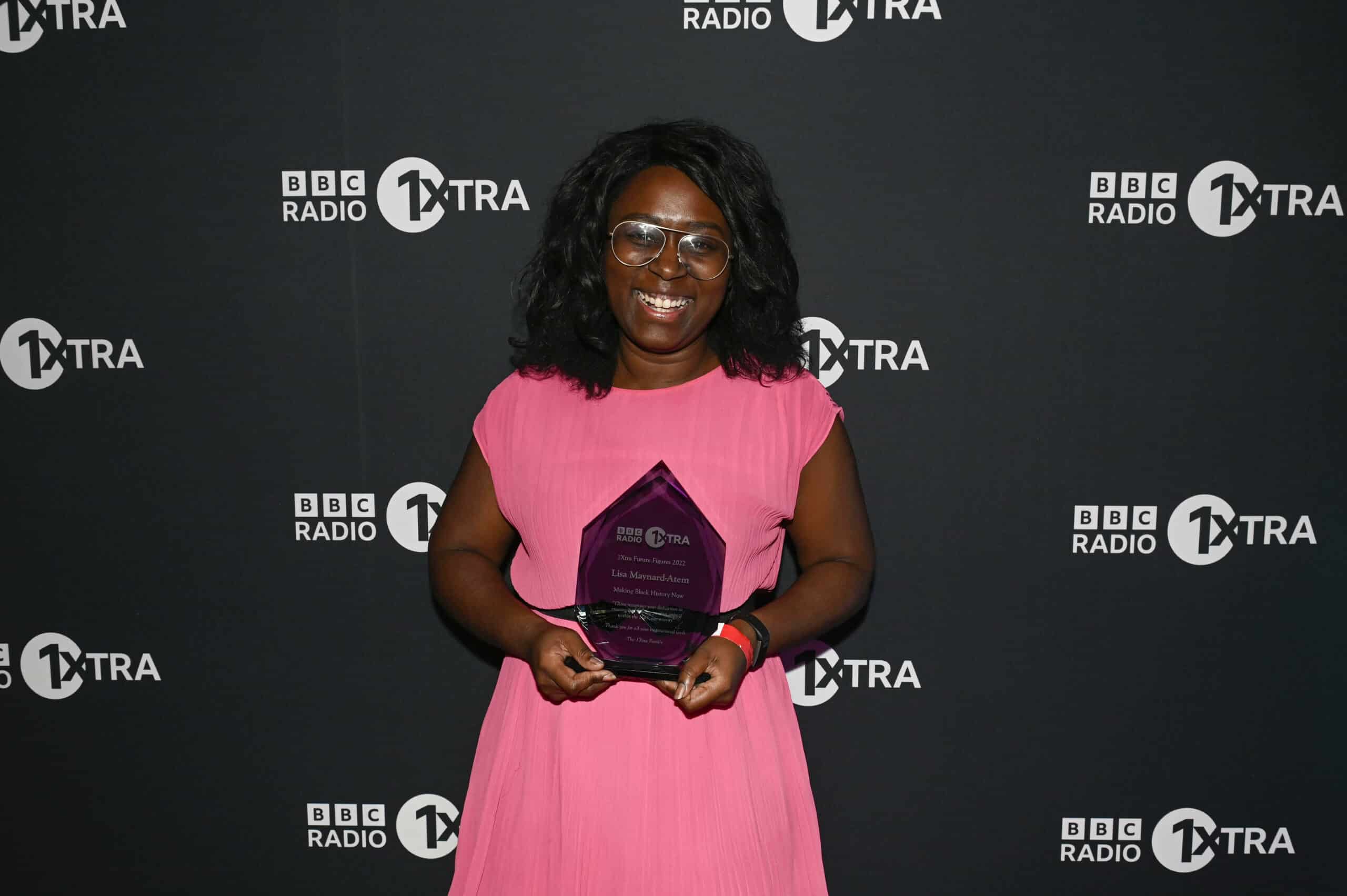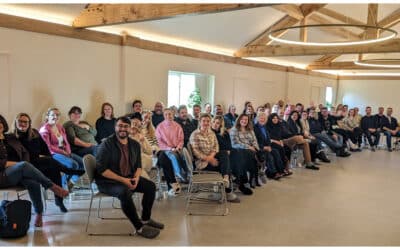Behind the facade of inspirational International Women’s Day posts, you’ll likely stumble across a flurry of companies scrambling to engage in performative activism about female equality.
The figures paint a different picture. The IPA’s recent agency census revealed although there’s been a shift from recent years, a significant gender pay gap of 17.4% in favour of men still exists across the agency world.
The picture is bleak across the tech sector too. The gender pay gap at tech start-ups in the UK more than double the national average, with women paid 70p for every £1 men earn, according to a study by salary benchmarking platform Figures.
Launched out of frustration about International Women’s Day being hijacked by businesses hiding a gender pay gap last year, Manchester-based freelance copywriter Francesca Lawson and software developer Ali Fensome decided to create a Gender Pay Gap bot account on Twitter to spark a conversation about pay disparity.
“The reason that we created this was to keep the focus of the day on the truth and not hide that behind the glossy photo shoots and inspirational quotes knocked up in Canva on usually a script font on a pink background. It’s all very cut and paste, very predictable,” Francesca Lawson told Prolific North.
“We need awareness days because we’re not taking enough notice and working to challenge inequality throughout the year.”
This year, the account will now highlight both last year’s gender pay gap stats together with the figures from this year. The stats are pulled from the government’s gender pay gap service to catch any business “trying to flex equality credentials unjustifiably”.
In this organisation, women’s median hourly pay is 11.2% lower than men’s. The pay gap is the same as the previous year. https://t.co/wVBVA25VyM
— Gender Pay Gap Bot (@PayGapApp) March 8, 2023
In this organisation, women’s median hourly pay is 24.8% lower than men’s. In the previous year, women’s median hourly pay was 1.2% higher than men’s. https://t.co/hqc5yEgWpK — Gender Pay Gap Bot (@PayGapApp) March 8, 2023
“It’s all about being informative and putting this data back into the public eye and using it to produce more accountability and honesty,” she emphasised.
Recalling her own experience battling against executives and directors asking her to run comms for national awareness days despite “feeling I’m experiencing sexism on an almost daily basis”, she was left questioning what a post would actually achieve.
“I said: ‘What can we say that we’ve done as a company that’s made a tangible difference to the lives of marginalised people?’ You can’t just be very flattering towards women on one day of the year while underpaying them for the other 364.”
“It’s a source of personal frustration for me, seeing these days used as a marketing opportunity with no real commitment and investment into why companies want to post and what is actually being done to resolve the inequalities within their organisation,” she explained.
“The goal was never to stop companies from communicating about International Women’s Day, it was just to provide a factual counterpoint to the motion led, fluffy, vague messages.”
Lisa Maynard-Atem, marketing director at education provider Acacia Training and a director at Black United Representation Network (BURN) and social enterprise The Blair Project, agreed.
“In a world where individuals and organisations like to jump on the bandwagon of every social cause and declare how much they care, it’s really refreshing to see the Gender Pay Gap bot shining a light on the hypocrisy that still exists. How can you say you believe in gender equality when you pay the female members of your workforce less than their male counterparts?”
Everyday sexism
The gender pay gap is just one of the many issues bubbling away beneath the surface. During a recent meeting with a board filled with white men, Lisa was met with a sexist remark when she quizzed the company on why they had no female representatives.
“One of them said: ‘Well, women are great but when they get pregnant…’ I said: ‘Don’t finish that sentence..’. I just thought breathe, Lisa. Don’t lose your temper. What scares me is what do they say when women aren’t present? The problem is we’ve almost all accepted it.


